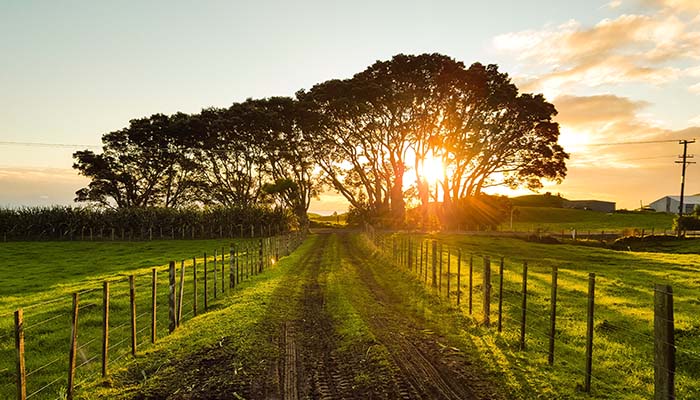
The Government has announced that it will bring forward spending plans to get remote communities access to broadband as part of its attempts to stimulate the economy.
Broadcasting Minister Kris Faafoi said that the investment in the rural network will help with the development and wellbeing of isolated communities as the economy recovers from the impact of COVID-19.
"This investment brings broadband services to rural households that are currently without access to the internet, and means remote communities will be much better equipped to get going again when we exit lockdown," Faafoi said.
"With the impacts of Covid-19 seeing increasing numbers of New Zealanders using broadband for education, work and maintaining links with friends and whānau, connectivity is more important than ever before.”
The Government has allocated up to $15 million in savings from the Ultra-fast Broadband initiative to improve rural broadband capacity by:
The Government says that the work is likely to be the fastest way to provide broadband to rural households where there is currently coverage but the towers are at or near capacity. They will prioritise the upgrade of mobile towers in rural areas where there are high numbers of school-age children living in households that cannot access the internet. They will also prioritise the upgrade of towers that provide coverage to the most number of people, and where it’s cost-effective to do so.
Absolutely! An assessment by Crown Infrastructure in 2017 said that 90,000 rural households and businesses and businesses lacked access to broadband at reasonable download speeds. The second phase of the Rural Broadband Initiative (RBI) was launched reduce this number. The latest Broadband Quarterly Report for Q3 2019 estimated around 48% of homes were complete and could access improved broadband – leaving around 40,000 homes still in the pipeline and waiting for an improved connection.
"The Government’s aim is to provide access to around 99.8 per cent of New Zealanders. However, while that work continues some households in isolated regions require reliable access to broadband services in light of COVID-19 - particularly households with school-age children who need internet access for remote learning. The work brings forward capacity upgrades to meet increased demand for the internet where the urgency is most acute," Kris Faafoi said.
Federated Farmers vice president Andrew Hoggard said the announcement was a positive move.
"The vast majority of New Zealanders living in towns and cities have absolutely no idea how bad internet access still is in some parts of the country."
He said internet speeds for rural users made it difficult to complete tasks like internet banking, making orders online and using recruitment websites, not to mention the kids being able to do online schooling.
"It is good the Government is looking for ways to continue to grow rural businesses with better technology, especially given the post-COVID-19 world we will be living in, so hopefully this is just the start of a thoughtful approach to building rural business and community resilience."